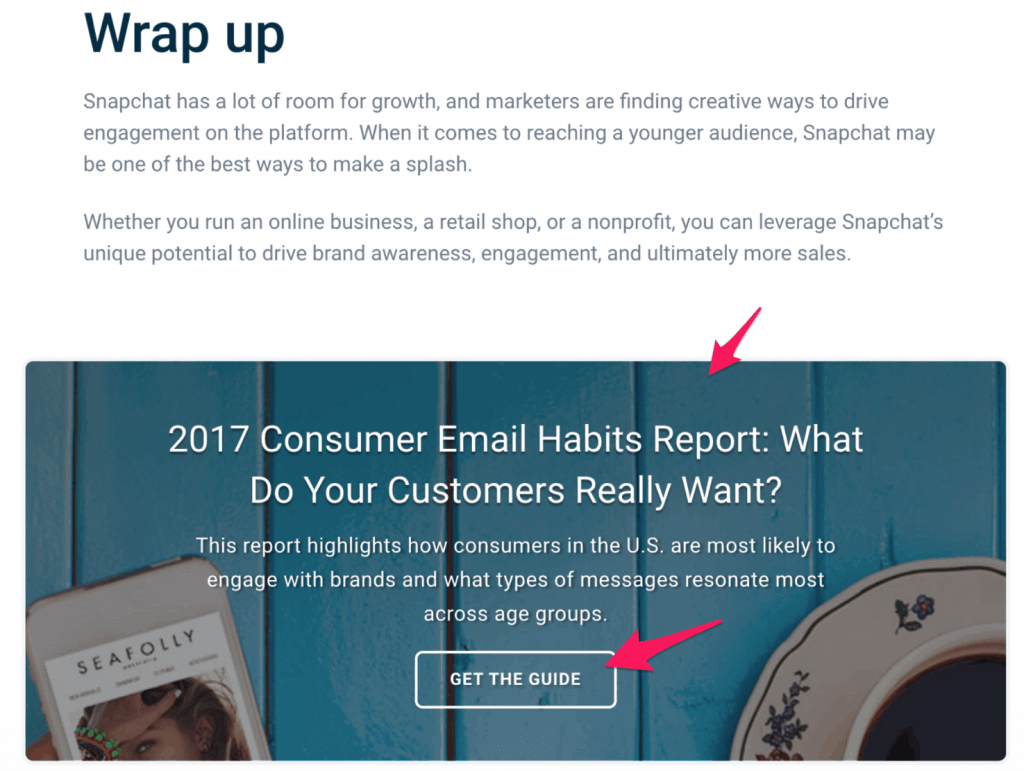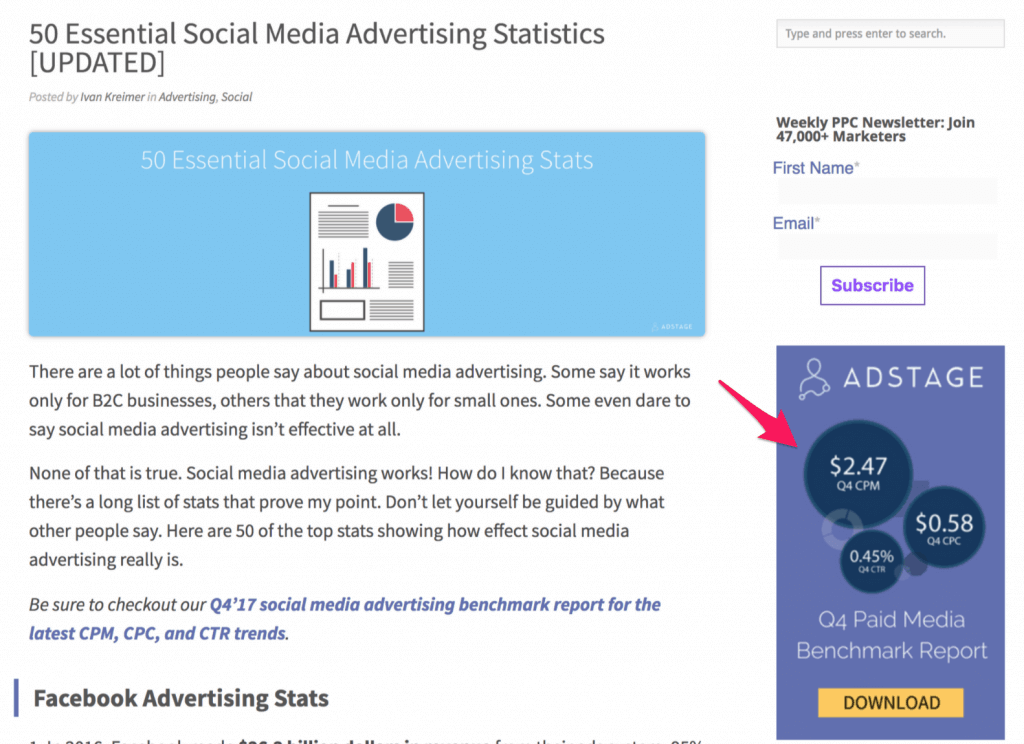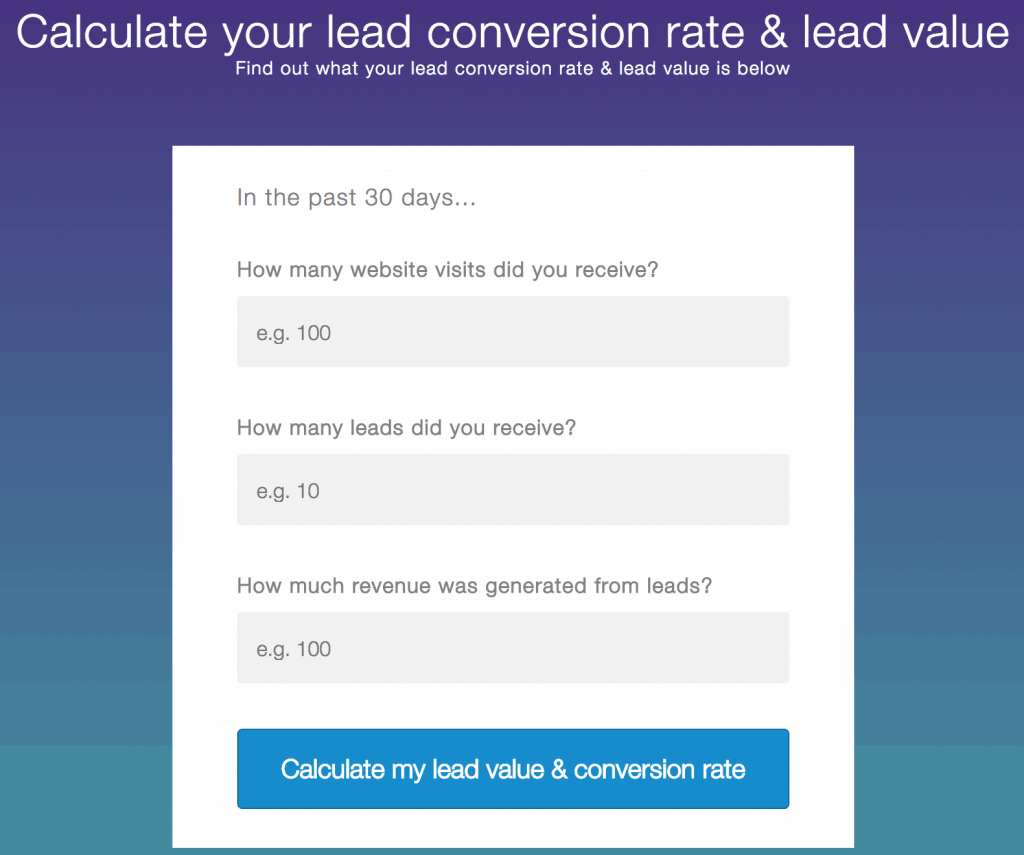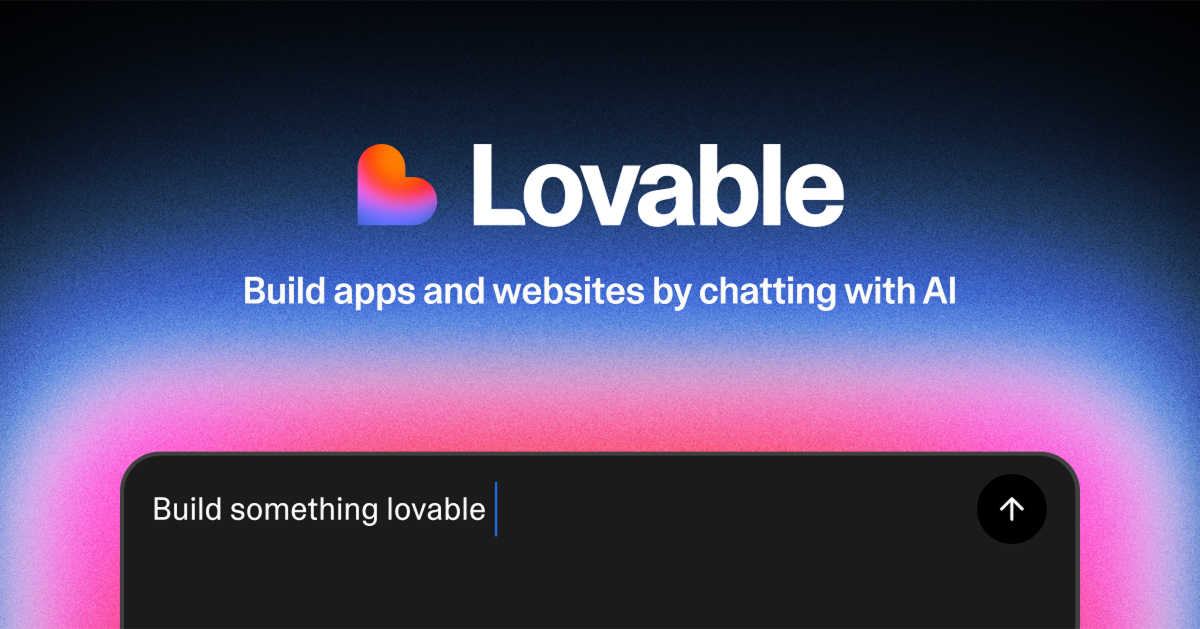I was furious.
I had spent two days preparing for this meeting, going over many details about my potential client. I wanted to blow their minds with my proposal.
The woman I was speaking to was the Head of Content for a marketing software company. She seemed nice and respectful, and she clearly understood what she wanted and what she needed from me.
25 minutes in, we were having a great call. She was sold. I was ready to hand in the proposal.
Now it was the moment of truth.
“So Ivan, our budget per article is $200. Does that work for you?“
“Actually, my pricing is $400 per article,” I responded.
I didn’t hear anything for a few seconds.
I could sense her discomfort.
“That’s too high, Ivan. Right now we can only pay $200 per article. After all, we are talking about content.“
While I wanted to work with that client — a great company with a strong brand, a good online presence, and some solid content —, I couldn’t accept such a low price. So I tried to negotiate a price in between.
“I could give you a 20% discount if you pay quarterly upfront and you can meet me at $320 per article.“
I didn’t hear anything for a few seconds. Once again, I could feel her anxiety and despair.
The woman answered:
“No, I’m sorry. I can go up to $250 if the writer is incredible, and I’m willing to discuss this with my boss, but I can’t go anywhere above that price right now.“
“Uh, so what are you getting so far from your content?” I asked the woman.
“What do you mean?” she asked.
“I mean, how much traffic are you getting? How many leads are you getting from your content? Are people sharing and linking to your content?” I asked her.
“Oh, yeah, so we’re just publishing 800-words articles twice a week and sharing it on our social media channels and email list,” she replied.
“And what results does that bring to your company?” I asked her, almost losing my patience.
“Uh?” she asked.
“I mean, how much money do you make? How much traffic are you attracting?” I asked her.
For a second, I felt like Jules from Pulp Fiction.
Marketing, do you speak it?
“So, uhm, we just need content right now,” she said.
Riiight, you need content.
Actually, do you know what she needed? She needed to understand why content marketing matters for her company, and how she can make her company more money with it.
Don’t get me wrong, I understand some companies have low budgets and others have larger ones.
The problem is most certain companies don’t get how content works. Missing to understand the role of content in your growth can result in driving no results.
I see companies invest a lot of money in their writers and get no results from their content all the time. But enough is enough.
Today, I will end up this problem once and for all.
Why you aren’t getting results from your content
“Content marketing is BS,” he told me.
“Ha,” I laughed to myself.
I could understand him though.
My friend, a successful entrepreneur, had spent over $10k on creating lots of 500-word articles to promote his WordPress theme company.
He’s a great guy; he’s smart, he works hard, and he knows how to run a successful business.
The problem is, he sees content as nothing but another marketing tactic “he needs to do.“
SEO? Check.
Social media? Check.
Content marketing? Check.
This kind of vanilla thinking takes something as valuable as content and transforms it into something without any purpose.
He sees content as a bunch of words inside a WordPress post that people somehow read to then buy a product.
Oh, poor thing.
You see, content marketing isn’t a marketing tactic you “do,” like SEO.
SEO is a technical tactic; you optimize the tags, you build links, and you are done. That’s the kind of thing engineers and executives love to do.
Content, in contrast, fits into a wider picture.
Content marketing is a communication channel.
With content, you communicate in a way that, over a long period of time, will acquire leads and customers.
One of the biggest misconceptions is that content marketing will allow you to drive a lot of traffic, and as a consequence, get more sales and trials right away.
Take this idea out of your mind: content on its own won’t bring more leads or sales. Certain types of content will drive more leads — like gated content: ebooks, white papers, webinars, etc. — but don’t count on it.
What content marketing can do is to create enough space in your customer’s mind so they can remember you, trust you, and choose to do business with you over your competitors.
Start by knowing what your goals are and what you are trying to get out of your content. How does success look like? Why do you think content will help you achieve your goals? How are you going to make that success happen?
In other words, define what it is that you are trying to communicate. There are thousands of more interesting things to see or do online, like reading the news or watching cute cat videos.
If your articles ramble about topics no one cares about, they will not read it. What’s more, they will neither share it nor link to it. Oh, and let’s not forget trusting your company. Sigh. 😰
How to make content work for you
The problem I’ve been describing isn’t new at all, and I’m not the first one to notice it.
Rand Fishkin, founder and former CEO of Moz, explains this problem in The Great Misconception in Content Marketing—in my opinion, one of the best pieces he had ever published on the subject:
People think that the reason you’re putting out content is so that someone will consume that content and be inspired from it to go and make a purchase. […]
What really does happen is that people come many, many times. They essentially grow this memory about your brand, about what you do, and they build up kind of what I’d call a positive bank account with you. But that bank account, there are not coins and money in there. There are experiences and touches with your brand. Those content touches, and those social media touches, and those touches that come through performing a search and seeing you listed there, those build up the capital in the account.
Once you reach a certain level of memory and positive association about the brand that you’ve experienced all these things through, when you have the need for the product or the service or whatever it is they’re offering, then you might remember to sign up with them.
What Rand is saying is that you shouldn’t expect people to read a piece of content and buy your $399-a-month SaaS subscription. This is the kind of misconception that leads people, like my friend, to say that “content marketing is bullshit.“
If you are one of these people, I can understand why you’d say that. Don’t blame content, however. Content must fulfill a larger purpose; it must communicate your company’s mission and values while solving your customer’s problems.
How do you do that?
First, by having a clear idea of what’s your mission and values your company stands for. Then, you need to know who your target audience is and what challenges they have, so you can then provide them with the solutions they so desperately need.
If you can fit your values with your audience’s problems, you will be able to leverage your content to help you become an authority in your industry and reap the benefits I mentioned before.
Content marketing can help you become an authority in your industry, so people can trust you, believe in you, and be willing to do business with you.
Of course, this doesn’t mean that you only need to publish content and hope people like and share it. As Sonia Simone explains in one of her (many) fantastic articles, great content isn’t enough:
Outstanding content is not the finish line, it’s the starting line.
Create content with the idea that its quality will be the bar in which your audience will measure how much to trust you. It won’t bring more leads and sales per se, but the quality will make its promotion much easier and will have a larger impact on your bottom-line.
Find how much you should spend on content
While some people don’t get content marketing, some other people do get it, yet they implement it mediocrely. The reason why this happens is simple: they don’t invest enough in it.
I’m not going to tell you need to spend thousands of dollars per article because you can spend $1,000 on an article written with perfect prose and unique insights, yet if it’s badly formatted or poorly promoted, it won’t bring the desired return on your investment.
Your company should have its own budget based on your current needs. A company with an MRR of $10,000 has a much different capacity to invest in their content to one that has $100,000 and a dedicated content team.
To define how much you should spend on your content, you first need to take a step back and ask yourself why you want it in the first place. Answering that question is no easy task; it needs a deep understanding of your current situation.
The following five questions will help you uncover the right amount you should consider investing in your content.
Question #1: What is your goal?
I’m not going to get philosophical in here. I just want you to be clear on what you expect content to do for you.
There are many goals you can aspire to achieve with the help of content. If you want to find the value of content, you must first know what you want to get from it.
If you want to find the value of content, you must first know what you want to get from it.
According to the B2B Content Marketing Survey, the most important goals for the B2B content marketers interviewed in the survey are:
- Lead Generation (85%)
- Sales (84%)
- Lead Nurturing (78%)
- Brand Awareness (77%)
- Engagement (76%)
The conclusions from the survey don’t mean you can only get better results in relation to these goals. It only means most B2B content marketers find those goals the most important for their companies.
Your goals can be different. But whatever they are, you must start by defining what’s the goal of your content.
Is it to bring more sales? Great, write it down.
Is it to become an authority in your industry (i.e., brand awareness)? Again, put it down on paper.
Personally, I’d not focus excessively on the money you get from content marketing, as it tends to help assist a conversion rather than generate one.
That doesn’t mean you can’t make money from your content. On the contrary, you just need to change the way in which content impacts your bottom line.
You could probably generate a sale if your products are cheap or even free, but generally, a marketing company that sells a software tool for a few hundred dollars a month will have to do some further “nurturing.”
The best conversion you can get from your content, in my experience, is a lead.
Offer them a lead magnet or a content upgrade in exchange for their email and contact information.
For example, Campaign Monitor recommends an email habits report at the end of the article I wrote about Snapchat marketing.

AdStage, on a similar note, recommends a paid media benchmark report in their sidebar, which is quite relevant to the social media advertising stats article I published there:

Once someone signs up to get that free piece of content, you should add them to your lead nurturing drip email sequence.
“But wait, Ivan, how do I know how much my content is worth based on my leads?” you ask.
Great question.
Calculating your lead value isn’t an easy thing to do, particularly because I suck at math. 😅
To make things easier for everybody, I recommend you use the lead value calculator Leadformly offers.
Related: SEO ROI Calculator

If you offer some kind of lead magnet to your audience—like an ebook or a webinar—you can then figure out how many leads you get by analyzing your analytics.
With the number of leads generated and the lead value, you simply need to multiply both to get how much money you generate from your content marketing.
For example, if you generate 100 leads a month and each one is worth $50, your content marketing generates $5,000.*
To simplify this analysis, let’s say your content marketing doesn’t assist with your conversions.
If you make $5k a month from your content marketing, you know that’s your current maximum budget.
This budget, however, isn’t set in stone. Just take it as a benchmark of your current performance and which you can take to base your final decision. You can invest more money than your budget indicates and get an ROI higher than expected if you create great content.
Note: That doesn’t include the assisted conversions from content marketing, which can add a huge amount of money to your company without you even realizing it. For a great guide about assisted conversion analysis, check out this guide.
Question #2: What’s the stage of your company?
I’d be awesome if you could hire an expensive and experienced content writer for your bootstrapped startup. She’d be able to create trust, deliver actionable advice, and help your audience believe in your company.
But…you only have $2,000 worth of marketing budget, and you need to spend it on Facebook Ads, which have been shown to bring great ROI to your company.
To answer this question, you need to be honest. What’s the stage of your company?
Is your company an early stage bootstrapped business with little revenue? Is it a 500-people VC-backed company with multiple offices around the country?
Your content budget will depend on the size and stage of your business.
A small company may want to hire an expensive writer expert, but may not be able to get the return for its investment (later you will see why).
The opposite can be said for a large business: hiring a $50-per-1000-words writer may be a bad decision, even if it makes sense from a financial perspective.
Be honest with yourself; be willing to spend what your company can, not what you think it should.
Question #3: What’s your budget?
Even though this is the most obvious question to ask, it’s not a coincidence I waited until the end to ask it.
Here’s why:
Some people like starting with the budget first, as it’s the one thing that matters most to them. It makes sense; you may want to hire the best writer you can, but if your budget is $200 per article, you won’t be able to hire him.
My question is, why would you want to hire the “best” writer possible? Why would you want to spend so much money on a writer? I’m not suggesting you shouldn’t, I’m just asking about the logic behind that decision.
There’s no right or wrong budget just as there’s no limit on the amount of money you can spend on your writing.
Forget the money, what’s the value you get from your content?
Your content budget is relative to the value you assign to it and your goal.
Your content budget is relative to the value you assign to it and your goals.
You see, you can use content in many ways.
- You can use it to build authority and trust for your business (i.e., content marketing).
- You can use it to help your customers use your tool or service (i.e., customer support).
- You can even use it to attract job seekers to apply for a job opening (i.e., HR).
The value of your content will vary depending on the way you decide to leverage it.
If you are trying to write social media posts, go back to the first question: what’s the goal of social media posting? How much money can you directly or indirectly expect from that channel and activity?
Let’s say that you are trying to build your brand’s authority, what’s your it worth to you?
To answer that question, you first need to know the answer to the other two questions.
The higher the value you get — or you expect to get — from your content, the more you can invest in it.
Whatever the reason, your content budget is determined by the goal you are trying to achieve and the value you get from it.
Take the previous two questions into consideration first, and from there, define your budget.
Just remember, there are no right or wrong answers to any of these question. My goal is to guide you to find that answer.
Conclusion
As a content marketing consultant, I talk to many different companies every month. In most cases, I end up rejecting them because they don’t seem to get content marketing as I explained in this article.
These companies talk to me with their best intentions, yet they don’t get what I can do for them.
It’s my job as a consultant to walk them through the real value of content marketing and how they can use it to grow their businesses.
The goal of this article is to share with marketing managers like you understand the real value content can bring to your business and break some of the myths around it.
Now, here’s something I want you to do:
Write a comment below and tell me the biggest question you have about content marketing.
I want to know what it’s that you don’t get about content marketing, what’s stopping from implementing it in your company’s site, and what you expect to get from it.
Reply below and let me know your thoughts.

